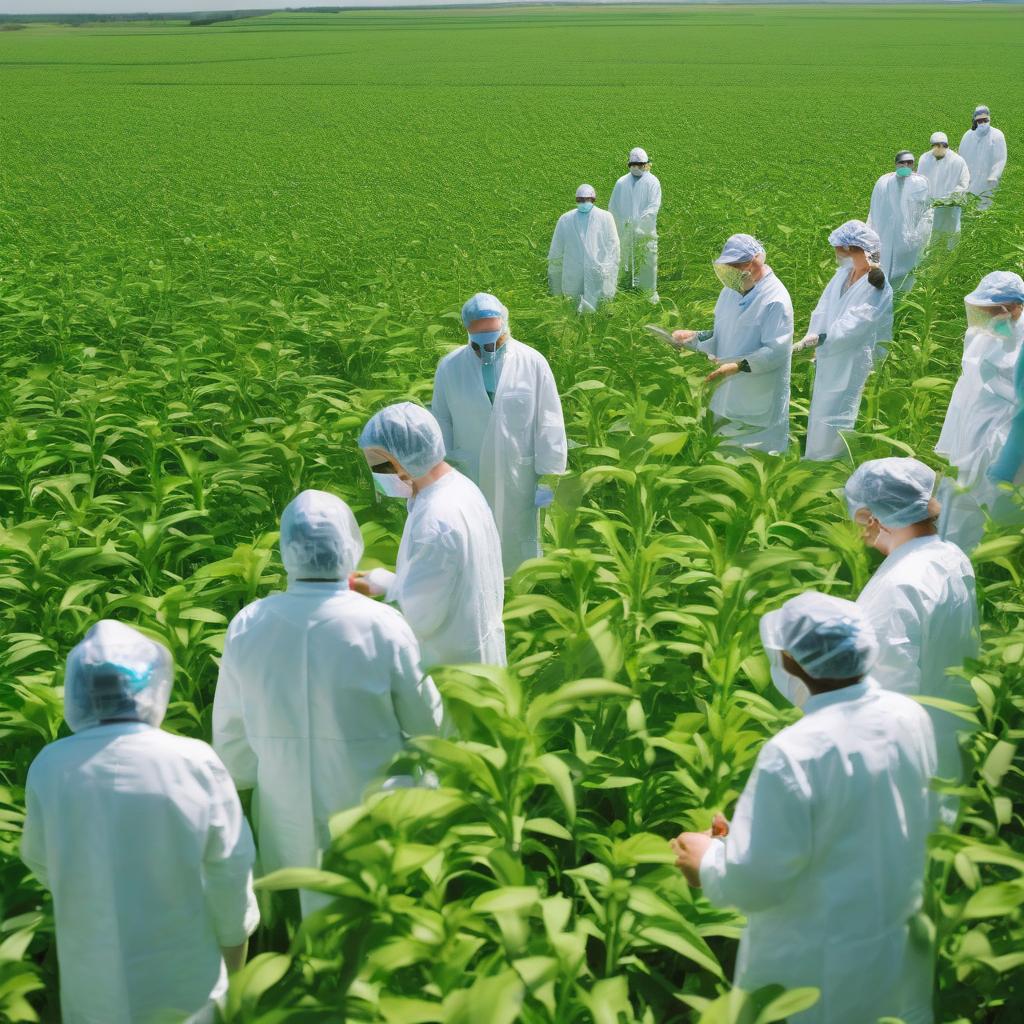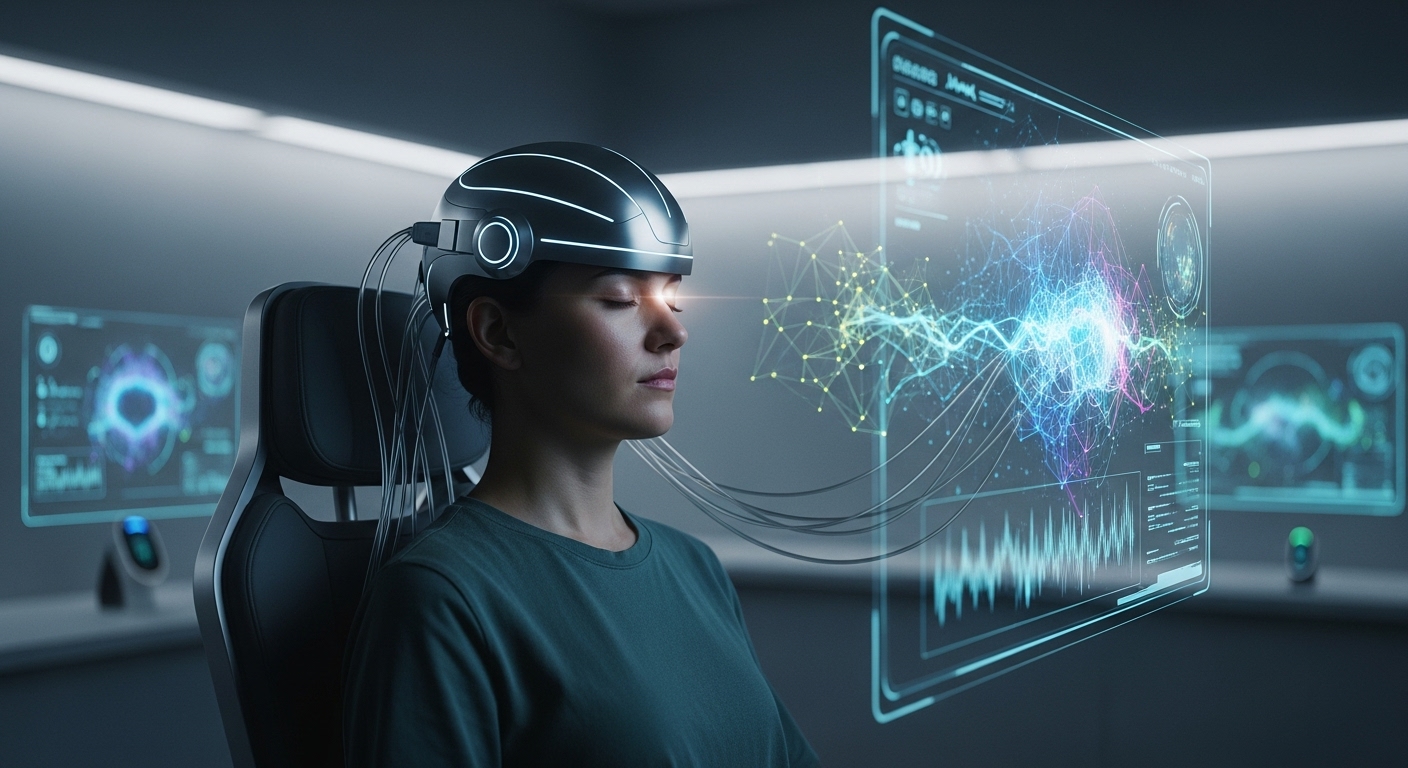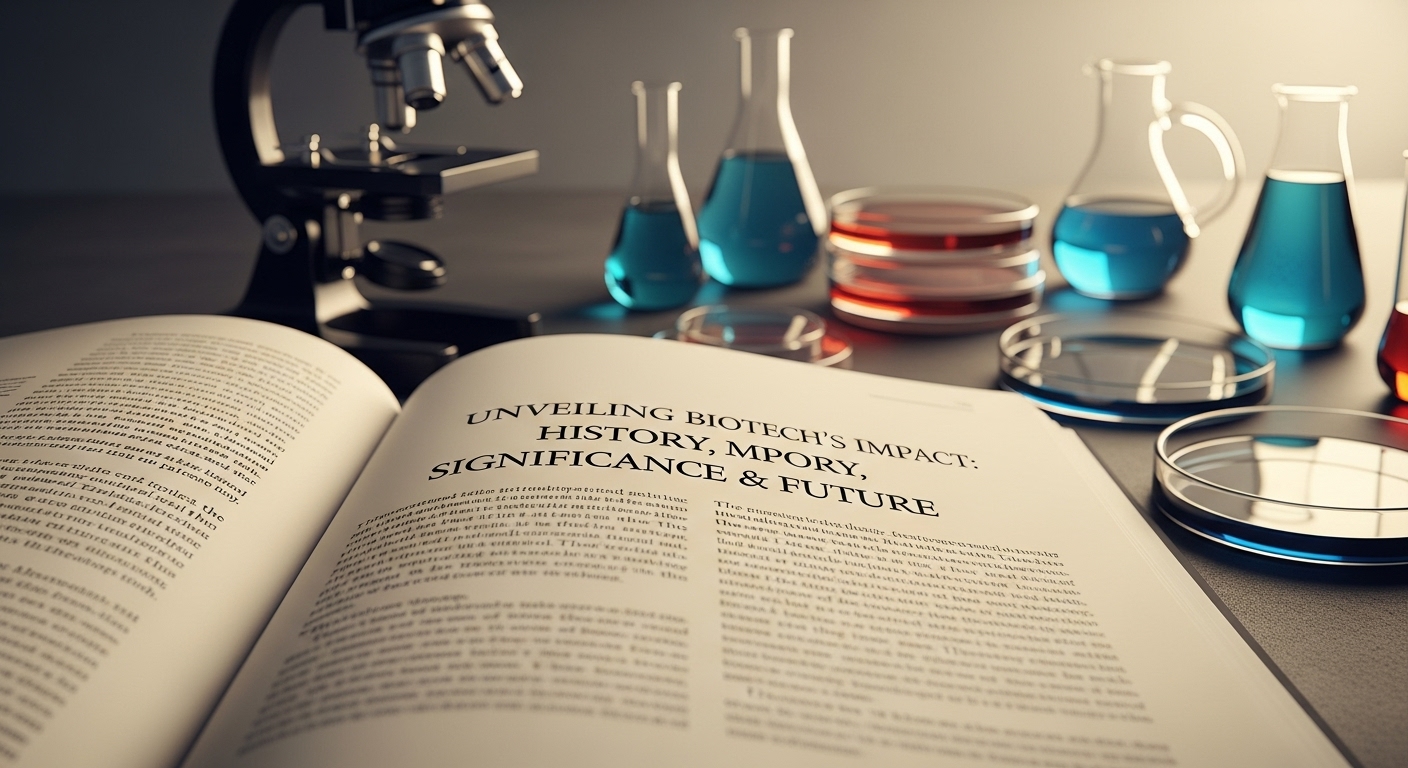Biotech. It’s this term that pops up more and more these days, isn’t it? From news articles to dinner conversations, even in casual chit-chat about the future of health. Biotech, or biotechnology, involves using living systems and organisms to develop or create products. It’s everything from genetically modifying crops to developing new vaccines and treatments for diseases. And it’s not just about lab coats and microscopes anymore. It’s a field that’s weaving its way into many facets of our daily lives and industries.
The Breadth of Biotechnology: More Than Just Science
Alright, let’s dive a bit deeper. Biotech isn’t just about one thing. It’s kind of like a big umbrella covering a lot of different areas. You’ve got health and medical biotechnology, which is probably what most people think of first. This includes everything from developing new drugs to gene therapy and personalized medicine. But there’s more to it!
Environmental Biotech
Have you heard of using bacteria to clean up oil spills? That’s environmental biotechnology. It’s like nature’s cleanup crew. Also, think about waste management and recycling techniques that use microbes to break down waste materials. It’s about using biological processes to solve environmental problems.
Agricultural Biotechnology
Then there’s agricultural biotech, which involves genetically modified organisms (GMOs) to increase crop yield and resistance to pests and diseases. Think drought-resistant crops that could be game-changers in regions facing water scarcity. It’s not just about quantity, though, but also about improving nutritional content. A field of possibilities, right?
Industrial Biotech
Don’t forget industrial biotechnology, where processes like fermentation are used to produce chemicals, materials, and fuels. Imagine biofuels that could replace traditional fossil fuels. There’s a lot of potential here for making our industries more sustainable.
Current Trends in Biotechnology
What’s happening right now in the biotech world? It’s a fast-moving field, constantly evolving. Let’s look at some trends that are shaping the future.
- Gene Editing: CRISPR technology is already a big deal. It allows for precise edits to the DNA, potentially curing genetic diseases. Imagine the possibilities, but also consider the ethical discussions it brings up.
- Synthetic Biology: It’s about designing and constructing new biological parts. Think of it as engineering meets biology. It’s opening doors to new biomaterials and bioproducts.
- Artificial Intelligence (AI): AI is playing a significant role in speeding up drug discovery and development. Imagine AI analyzing huge datasets to predict how a drug will behave.
For a deeper dive into these trends, check out this article on Forbes where they explore these current trends and their implications.
Biotech and Society: The Challenges and Ethical Concerns
Biotech’s impact on society is vast. From healthcare to ethics. It’s not always smooth sailing, though. There are challenges, both practical and ethical.
Access and Equity
One big issue is access. New technologies and treatments can be expensive, and not everyone can afford them. How do we make sure these advances benefit everyone, not just the wealthy? It’s a tough question, right?
Ethical Dilemmas
Then there are the ethical concerns. Gene editing, for instance, opens a can of worms about what’s acceptable. Should we edit embryos? Where do we draw the line? These aren’t just hypothetical questions. They’re being debated in scientific communities and beyond.
An interesting perspective on these ethical concerns is discussed in this Nature article, which addresses the broad scope of biotech’s influence and the ethical questions it raises.
Innovative Applications in Everyday Life
Sure, biotech sounds like it belongs in a lab, but it’s reaching into our homes and everyday lives, too. Let’s see how.
Biotech in Food
Ever seen plant-based burgers that mimic meat? That’s biotech. Companies are using biotech to create plant-based proteins that taste and feel like the real deal. And lab-grown meat? That’s another frontier being explored. It’s about meeting food demands sustainably.
Biotech in Medicine
Personalized medicine is another area where we see biotech’s influence. Tailoring medical treatment to individual characteristics is not a far-fetched dream anymore. Imagine a world where your treatment is as unique as your genetic makeup.
Software and Data
Software plays a pivotal role in biotech, especially when it comes to managing and analyzing massive datasets. Bioinformatics, anyone? It’s the tech and data crunching behind the scenes. For more information on software’s role, you can check out this article on Zenthread that delves into the intersection of software and biotech.
Table: Biotech Fields and Applications
| Field | Applications |
|---|---|
| Medical Biotech | Drug development, gene therapy, personalized medicine |
| Environmental Biotech | Bioremediation, waste management |
| Agricultural Biotech | GMOs, pest-resistant crops |
| Industrial Biotech | Biofuels, biochemicals |
FAQs
- What’s the difference between biotech and pharma? Biotech uses living organisms for products, while pharma primarily involves drugs from chemical compounds.
- Can biotech really impact climate change? Absolutely, with biofuels and environmental bioremediation, biotech offers sustainable solutions.
- Are GMOs safe for consumption? Generally, yes. They undergo rigorous testing, but it’s always good to stay informed and understand the science.
- How does biotech affect job markets? It’s expanding them! New roles in bioinformatics, research, and even regulatory affairs are popping up.
- Is CRISPR technology available to the public? Not yet for personal use. It’s mainly in research and some clinical applications right now.
Biotech’s a bit like a sprawling tree with branches reaching into so many parts of our lives. It’s exciting and maybe a little daunting, but that’s what makes it worth exploring, right?



